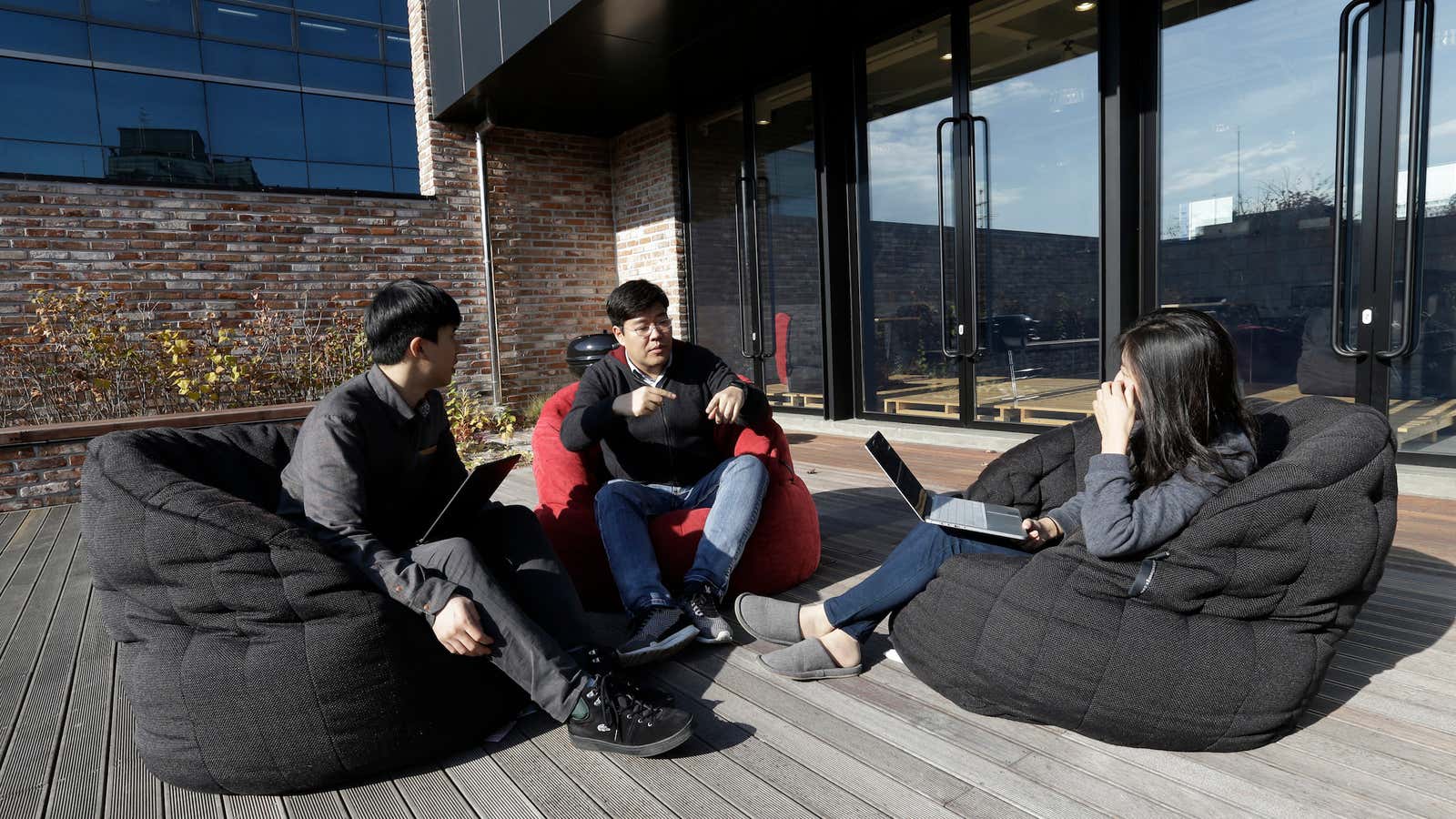Organizations love to brag about programs that give employees time off to work on blue sky projects. For example, essential Google products like Gmail sprouted from its “20% time” policy for engineers. It’s assumed that unscheduled time gives people space to experiment and be creative. But the real reason “slack time” and similar outlets work might be because people never get enough uninterrupted time to do the less flashy, mundane, but wholly essential work that actually turns ideas into reality, according to a new NBER working paper from researchers at the University of Toronto and MIT.
“Although creativity may be a necessary input for innovation, it is not sufficient,” the authors wrote.
People need explicit permission to take an uninterrupted block of time not to ideate or experiment, but to actually put everything together in useful form, to do the sort of “mundane, execution-oriented tasks,” the authors explained.
To assess this, the authors looked at five years of Kickstarter project data, using US university break times as a proxy for slack time. They found a large and robust increase in the number of projects launched in local areas in which universities were on break.
There was no drop-off in project launches right before breaks, which suggested that people were waiting to launch them then. The authors found that when top engineering schools were on break, there were substantially more technology projects but not more art projects, and vice versa.
What’s more, the researchers noted an uptick product launches after breaks in categories for which Kickstarter required more documentation (namely, design and technology). That suggests that people used breaks for the later grunt work associated with documenting their project, rather than for creative brainstorming.
Of course, college students or faculty working on Kickstarter projects aren’t a perfect analogue to the workplace. But both represent people working on something secondary to their main “job.” As to why breaks are so important to completing mundane work, the authors suggested that:
Perhaps this is because creators are able to develop their creative ideas during short bursts of spare time, such as during weekends and evenings, while they are at school or work. However, it is plausible that mundane tasks require longer blocks of slack time because, unlike the creative tasks (e.g., creating art for an artist or designing an invention for an engineer), they are unfamiliar or not as fun, inspiring, or energizing as creative tasks.




